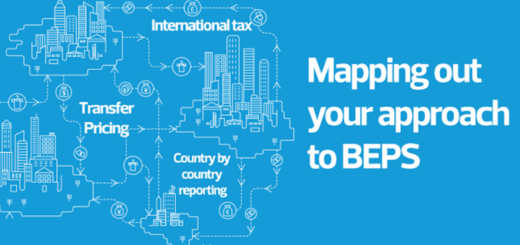Unlocking Opportunities: Digital Nomads and Tax Incentives in Greece
Remote work, once a niche practice, has become a global phenomenon, accelerated by the events of recent years. The rise of digital communication tools, the need for greater work-life balance, and the realization that productivity knows no physical bounds have combined to create a seismic shift in the way we think about employment.
Greece among other countries, introduced the Digital Nomad Visa for foreigners who wish to work remotely from Greece (L. 4825/2021, Government Gazette A’ 157/4.9.2021). However, there are so many questions raised regarding the existing tax incentives that apply in the Digital Nomads cases.
Many articles online promote, the well-known Article 5C of the Income Tax Code (Law 4172/2013), which was recently amended by Law 4916/2022, as the main tax incentive for Digital Nomads working in Greece.
Yet, there are some clarifications that need to be made in order to avoid misconceptions about the taxation benefits of this Law and the employment status of individuals.
Which are the tax incentives for an Article 5C Income Tax Code (L. 4172/2013) application?
In the case of approval of your application for the inclusion under the provisions of the above-mentioned regime, your annual Greek source of income from employment or business activity shall exempt from taxation. The remaining fifty percent (50%) of the income will be subject to income tax as per the general provisions of Article 15 par.1 of the Greek Income Tac Code. The eligible taxpayers will enjoy the tax incentive scheme for a maximum 7 year period.
Am I eligible to apply for the tax incentives of Article 5C Income Tax Code (L.4172/2013)?
If you reside in Greece for more than 183 days, you must establish your Tax Residence in Greece, obtain a Tax Identification Number and fulfill your local tax obligations. In order to qualify for article 5C, you must meet the following conditions:
1) You should have been a non-tax resident of Greece for five (5) out of the six (6) last years before becoming a tax resident of Greece.
2) You must transfer your tax residency from an EU or an EEΑ member state, or a state with which Greece has an Administrative Cooperation Agreement for taxation purposes.
3) You must file a solemn declaration with your intention to stay in Greece for at least two years.
4) You must provide services in Greece through an employment agreement. You must be employed by a local entity or a permanent establishment of a foreign entity in Greece or get registered as a freelancer with the local authorities, irrespective of the nationality of your clients.
One could argue that the latter requirement may contradict the essence of being a digital nomad, considering that the defining trait of digital nomadism is location independence. In fact, the Tax Incentive Scheme in question introduces a territorial constraint by imposing restrictions on either the employer of the individual, which should be a Greek company/branch, or the individual themselves should become a freelancer in Greece.
Nevertheless, forward-thinking enterprises are increasingly attuned to emerging labor market dynamics, and they actively engage with the evolving employment landscape. They demonstrate a commitment to addressing the requirements of their workforce through the strategic implementation of Employer of Record (EOR) services in Greece, a very common practice for many “digital nomads” wishing to relocate to Greece no more than 12 months.
Irrespective of the above constrains set by Digital Nomads provisions, the favorable tax regime of article 5C of Income Tax Code is applicable for any other individual, who wishes to become Greek tax resident under the above conditions.
For more information, contact TaxExperts in the following email: [email protected]







